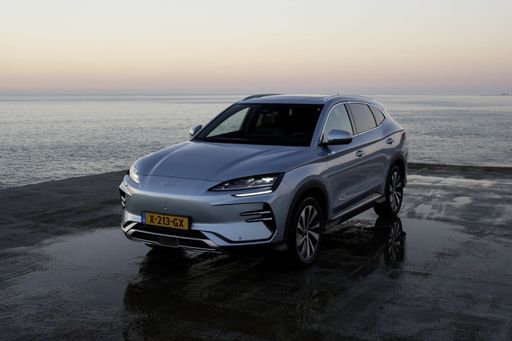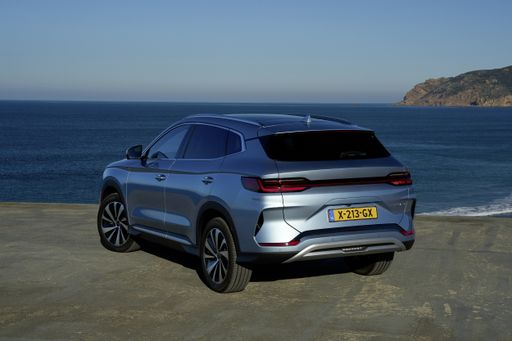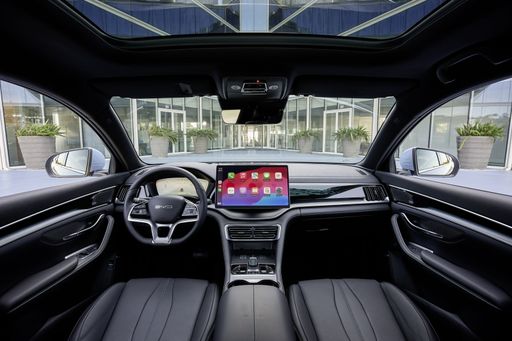BYD Seal U vs Toyota C-HR: An In-Depth Comparison
As the automotive market evolves rapidly with a focus on hybrid and electric vehicles, two noteworthy contenders in the SUV segment are the BYD Seal U and the Toyota C-HR. Each vehicle boasts its unique features, innovations, and technologies, catering to the growing demand for eco-friendly transportation. This article delves into a comprehensive comparison of their technical specifications and innovative qualities.








